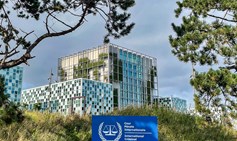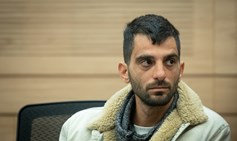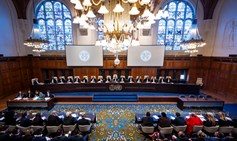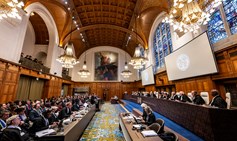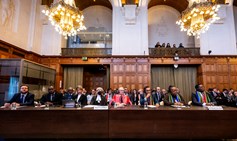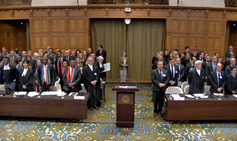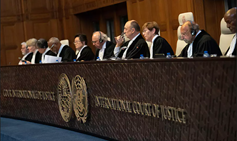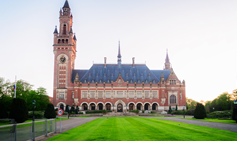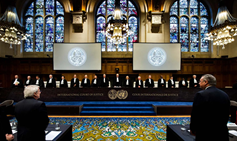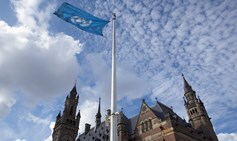Israel and International Law
Since the outbreak of war Israel has faced with a range of legal challenges related to the ongoing conflict, both internally and in relation to international law.
On the international front Israel faces legal proceedings in both the International Criminal Court (ICC) and the International Criminal Court of Justice (ICJ).
In the ICJ a number of proceedings are ongoing, including a rebuttal against South Africa’s allegations of genocide in the war in Gaza and a longstanding investigation into Israeli policies and practices in occupied territories.
Additionally, the International Criminal Court has issued arrest warrants against senior Israeli leaders for their conduct during the war.
IDI experts break down and evaluate the legal arguments surrounding Israel’s conduct, the broader implications of these cases for Israel’s international standing and provide policy recommendations to help Israel navigate these legal challenges effectively.
Official Submission to the ICC by Prof. Amichai Cohen and Prof. Yuval Shany
Prof. Amichai Cohen explains the possible effects of ICC Warrants on Israel:
War on Hamas: The Legal Frontlines | Dr. Eran Shamir Borer & Yohanan Plesner









